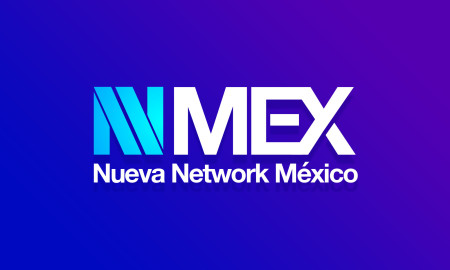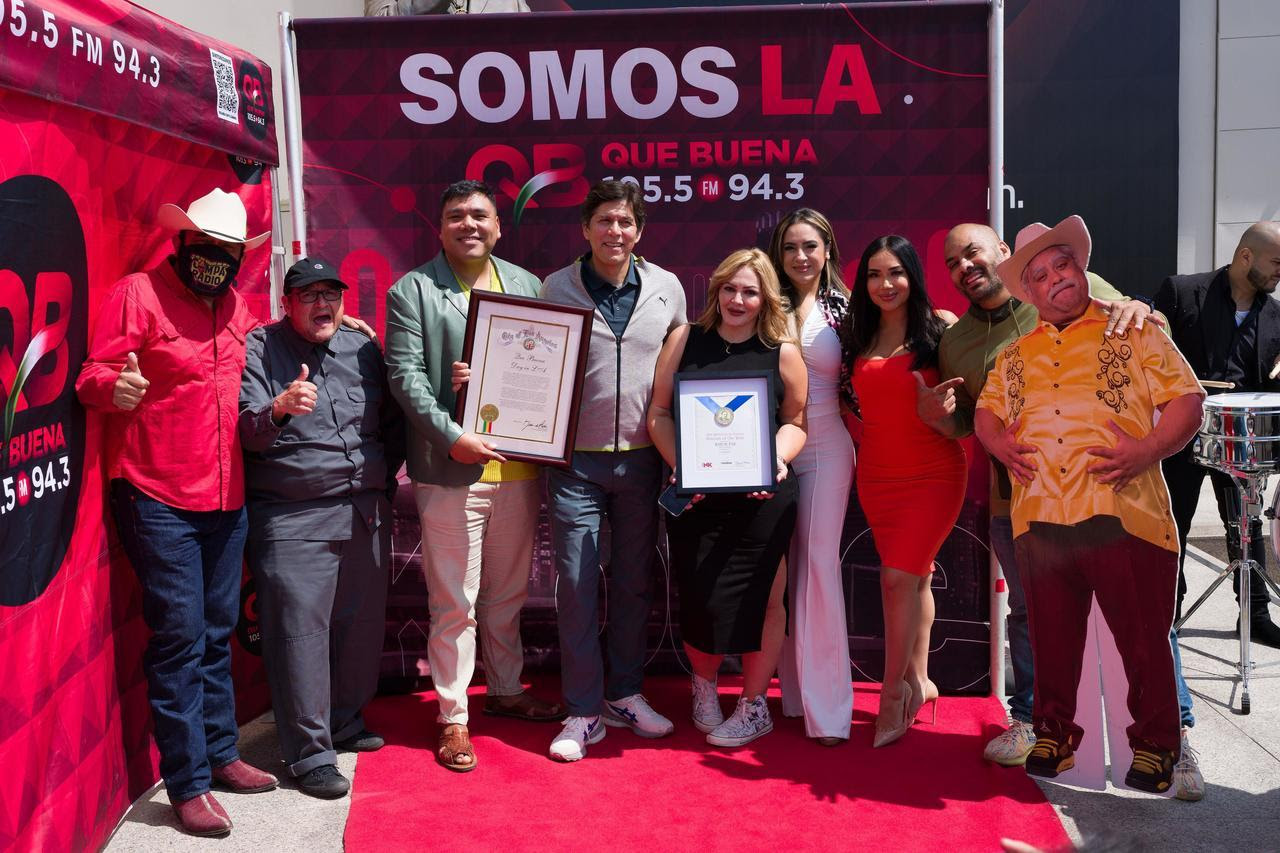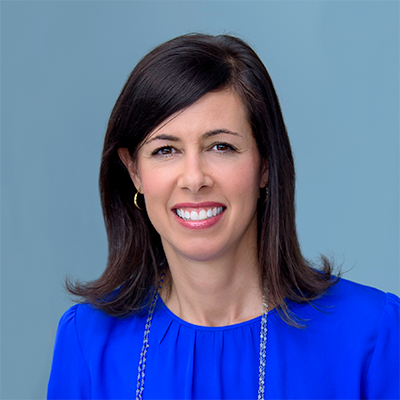By Adam R Jacobson
CORAL GABLES, FL — Why Hispanic radio, and why now?
That was the continual theme of the 2013 Radio Ink Hispanic Radio Conference, which concluded two days of sessions on May 17 that included the participation of group heads, Hispanic advertising industry movers and shakers, and programmers of AM and FM stations serving Latinos across the U.S.
The two-day confab opened May 16 with a lackluster keynote address from Geraldo Rivera, who noted that Hispanics had become the face of the threat of illegal immigration following the 9/11 terrorist attacks in 2001 but failed to address ways radio could tackle the immigration debate or discuss other segments of the Hispanic population.
In a panel discussion immediately following Rivera’s appearance, Arbitron Hispanic broadcaster account specialist Monica Narvaez noted that radio should ensure that clients understands the difference among Hispanics, depending on their acculturation level, country of origin, and language preference. Meanwhile, SBS VP of national sales Berry Jasin remarked that he’s still talking to CMOs and brand managers who have yet to enter the Hispanic market.
In a sponsored session, ex-Despierta America host Ana Maria Canseco was introduced to conference attendees as the host of GLR Networks’ new show Echate Pa’ Ca — a one-hour syndicated offering that takes its name from the segment on Despierta America that made Canseco a household name with Univision television viewers. GLR also revealed that the 40 Principales brand will be expanded in the U.S., with a 24/7 Spanish Top 40 network set for national distribution by year’s end.
Tackling ratings methodology concerns was the highlight of a lively discussion on metrics held May 17, moderated by Research Director Inc. partner Charlie Sislen. “The biggest challenge [for Hispanic radio] is sample sizes,” says Univision Radio SVP of research Kathleen Bohan. “They’re small, and used to illuminate a very fragmented landscape. Arbitron is just not getting people like they used to to participate.”
In response, Arbitron director of sales Rich Tunkel said improvements are being made. On the PPM side, 16 of its 18 accredited markets receive Hispanic differential survey treatment. He added that a redesigned PPM that is cellular-based and does not require an overnight plug-in has helped in improving in-tab and response rates.
Yet, Arbitron has not added country of origin to its sample balance, he says, and is only used to report the results. Meanwhile, Bohan chided Arbitron for panel shifts that prove disruptive for Univision Radio’s stations. She says, “The thing that keeps us up at night is the heavy listening households that come in and out of the sample and how that could have a major impact on our stations.”
Editor’s Note: Adam R Jacobson participated as a moderator of a panel discussion on the economic benefits of comprehensive immigration reform in the U.S. Additionally, Jacobson serves as a corporate-level consultant to Adelante Media Group and Davidson Media Group, which also participated in the Radio Ink Hispanic Radio Conference.







Recent Comments